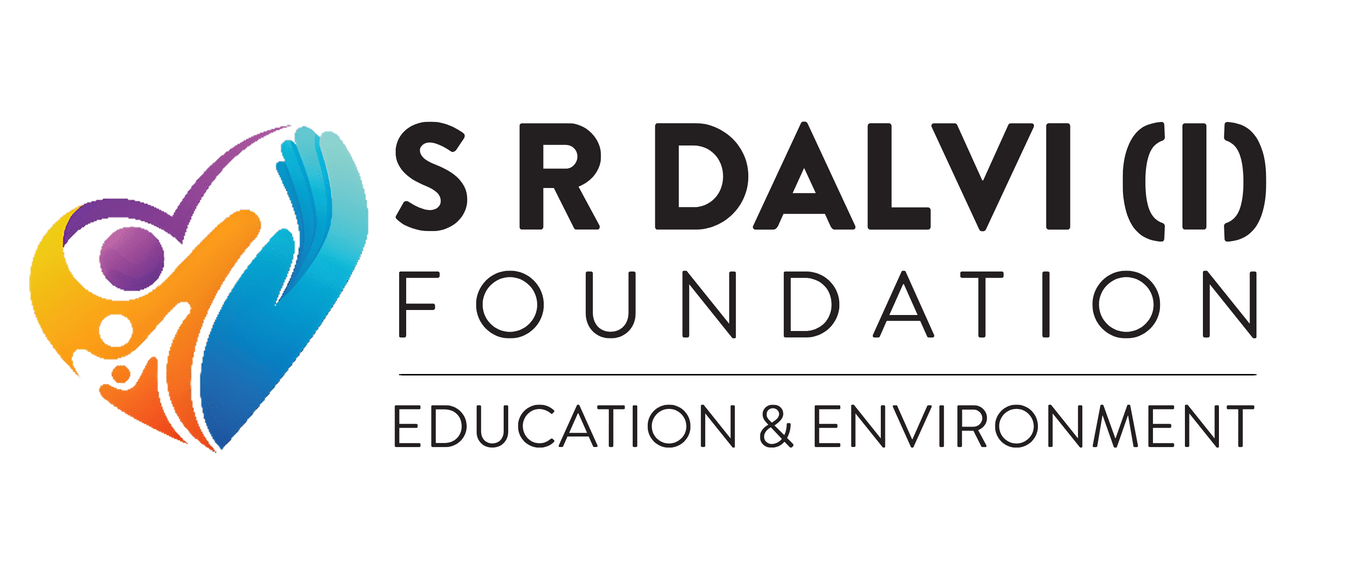Educational tourism is a type of travel that focuses on learning about new cultures, histories, and ways of life. It can take many forms, from visiting museums and historical sites to participating in language immersion programs or ecological conservation projects.
The goal of educational tourism is to provide valuable experiences that enrich a travelers’ understanding of the world and broaden their perspectives.
One of the benefits of educational tourism is that it can create a deeper connection with the places and people visited. By learning about the local culture and history, travelers gain a greater appreciation for the area and its inhabitants. They can also develop a sense of responsibility and respect for the environment, as well as a desire to preserve it for future generations.
Educational tourism can also have a positive impact on local communities. By visiting cultural sites and participating in local activities, travelers can support local businesses and contribute to the local economy. Additionally, educational tourism can help to promote understanding and respect between different cultures, which can lead to greater tolerance and acceptance.
Overall, educational tourism offers a unique opportunity to learn, explore, and connect with the world in a meaningful way. By creating valuable experiences for the future, travelers can not only enhance their own knowledge and understanding but also contribute to a more sustainable and responsible tourism industry.

